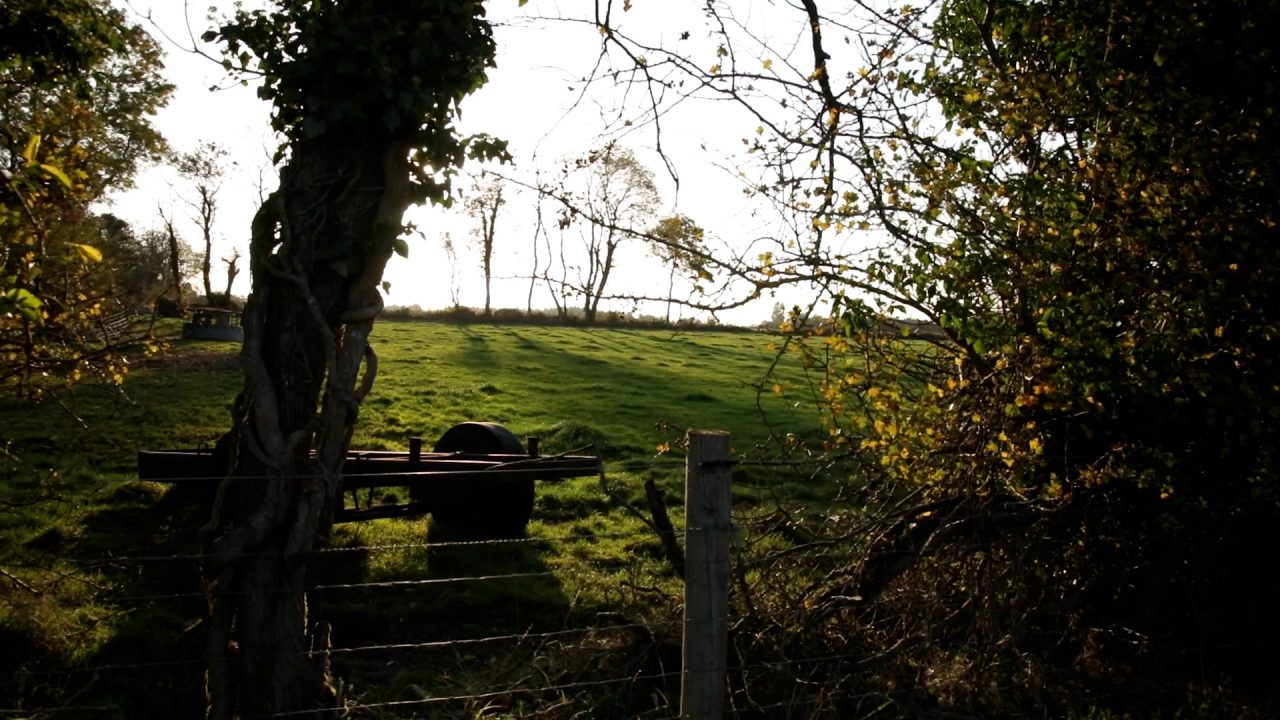The deal on the future of the Common Agricultural Policy (CAP) has received extensive coverage since it was agreed last Friday (June 25).
Since then, the details of the agreement have become widely known. One particular aspect of the agreement carries huge importance in terms of how farmers will be paid when the new policy comes into effect in 2023 – namely eco-schemes.
Eco-schemes will be a new feature of CAP. These schemes are mandatory for member states to introduce but voluntary for farmers to take part in.
However, the eco-schemes are funded through Pillar I, meaning they will comprise a proportion of the budget for direct payments.
As has already been reported, the deal will require member states to ringfence 25% of their direct payments budget for eco-schemes. This 25% figure applies across the whole period of the new CAP – 2023 to 2027.
For eco-schemes, a ‘learning period’ will be in place for the first two years – 2023 and 2024. During this period, there will be a ‘floor’, whereby member states will be required to allocate at least 20% of their direct payments budget to eco-schemes.
During the learning period, ringfenced funding for eco-schemes that are not paid out (for example, in the case of a low-uptake of the schemes by farmers), can be partially or wholly re-allocated to other areas of CAP.
In 2023 and 2024, member states will be allowed re-allocate up to one-fifth of unused eco-scheme funds per year (up to 5% of the annual national direct payments budget, and 10% of the combined 2023 and 2024 direct payments budget).
However, any unused funds below the 20% floor in the learning period will have to be compensated for by the end of the CAP in 2027.
This can be done by one of the following three “compensation mechanisms”: compensation in Pillar I (direct payments) by directing an increased amount of funds to eco-schemes; compensation in Pillar II (rural development) by transferring funds over from Pillar I for environmental and climate interventions under the second pillar; or through an outright loss of those funds not used during the learning period.
Speaking at a press conference today, Minister for Agriculture, Food and the Marine Charlie McConalogue said “we have to get a good balance on eco-schemes to max the uptake to the level of funding that’s available”.
“It’s going to be important that we frame eco-schemes that are accessible for farmers. I want to create a situation where farmers are able to participate and avail of the funding under the eco-schemes.
“We have engaged through the CAP consultation committee with some proposals around how we would do that. There’s a lot more work and detailed engagement involved with farmers over the next few weeks in relation to tying down how we can ensure that the schemes are accessible and that farmers take them up,” the minister observed.
